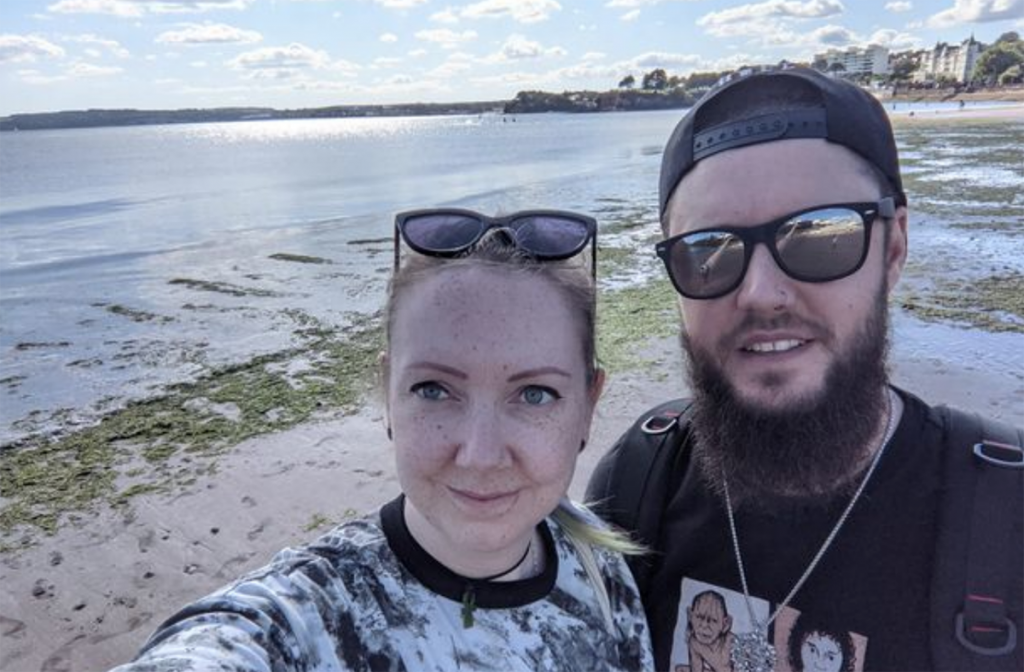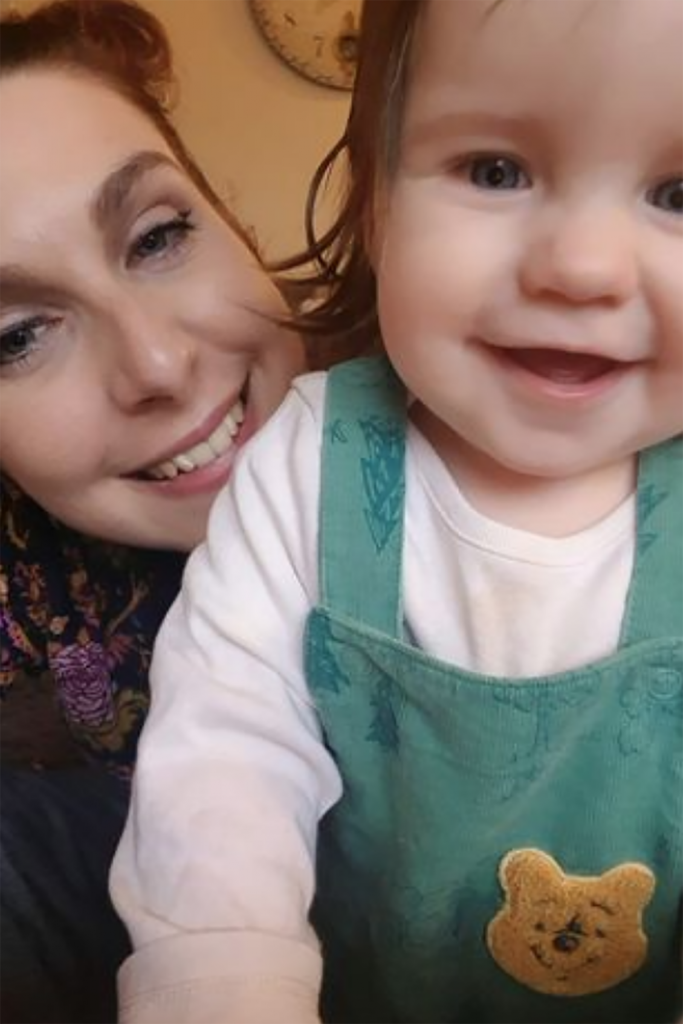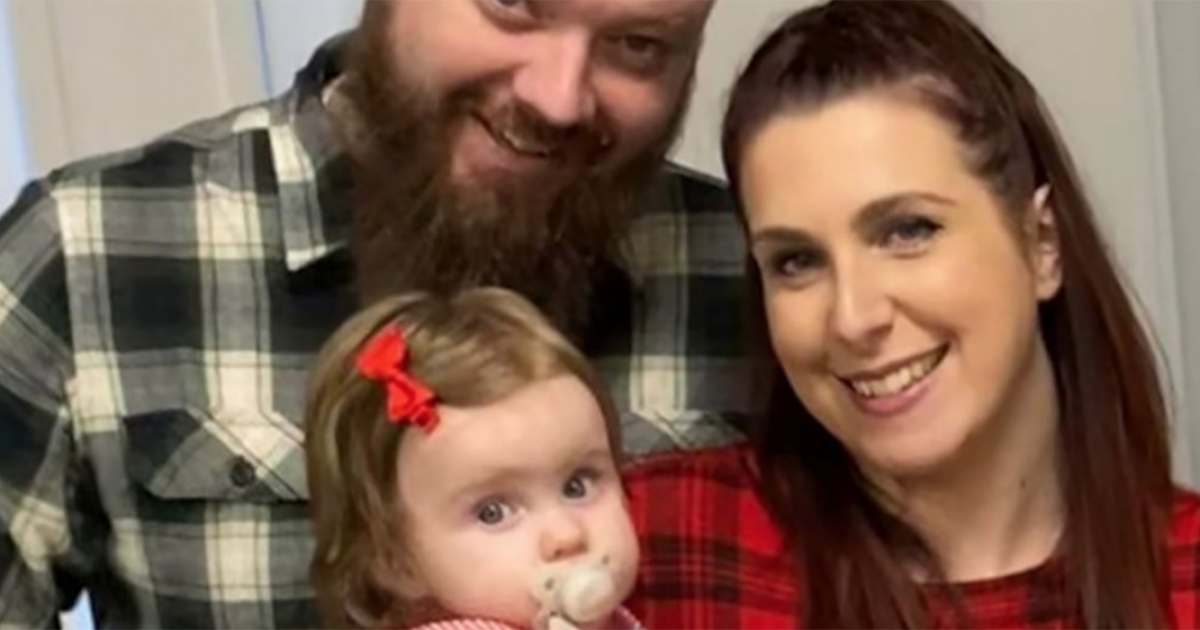How Cancer Treatment Can Affect Fertility
- Chris Berns, 31, and Laura Hunter, 29, both had cancer as teenagers; they assumed the chemotherapy they both received made them unable to have children. That is, until Willow was born.
- Chemotherapy is a common treatment for many different types of cancer, and some types of chemotherapy can destroy eggs in a woman's ovaries.
- Whether or not chemotherapy makes you infertile depends on the type of drug and the woman's age, since egg supply decreases with age.
"Willow is just starting to walk and sometimes I have to pinch myself at how lucky we are," Laura, who lives in Walsall, West Midlands County, England, with her partner and daughter, told the Mirror. "Every day we are grateful for what we have with her."
Read More
"If it hadn't been for cancer, and the stage we were both at in our recovery, we would never have crossed paths," Chris told the Mirror.
Chris was 17 years old when he was diagnosed with Ewing sarcoma, which is a type of cancer that grows in the bone or soft tissue; it can also develop in the bones and other parts of the body. Laura, at age 16, was diagnosed with acute lymphoblastic leukemia, a type of blood cancer.
Both Chris and Laura had chemotherapy in order to treat their cancers, which caused them to assume they were both sterile and unable to have children.
"We'd both assumed we wouldn't be fertile due to the chemo," Chris said. "We hadn't used contraception for two years when I decided to go and get myself checked. To my amazement, the doctors said everything was OK."
"Then we were in lockdown (due to Covid) and had to shield," he added. "We didn't have the stress of work and we think that helped in a way to get us pregnant."

Laura said, "We were at the point where we were about to seek help. And then it just happened. I had a feeling of total shock that we had done it without help and this little life was growing inside me. It was another silver lining."
Of their daughter Willow, who's now 1 year old, Chris said, "She is a little bundle of joy. Her smile melts our hearts."
"Cancer took us to the darkest of places, but it also led us to find love, an extraordinary friendship with other survivors and also to have our miracle baby, Willow," he added.
How Cancer Treatment Can Affect Fertility
Chemotherapy is a common treatment for many different types of cancer, and some types of chemotherapy can destroy eggs in a woman's ovaries. This can make it impossible or difficult to get pregnant later on. (Chemotherapy can also have an effect on male reproductive organs.)
Whether or not chemotherapy makes you infertile depends on the type of drug and the woman's age, since egg supply decreases with age.
"The risk is greater the older you are," Dr. Jaime Knopman, a board-certified reproductive endocrinologist with years of experience treating couples and individuals experiencing infertility, previously told SurvivorNet.
"If you're 39 and you get chemo that's toxic to the ovaries, it's most likely to make you menopausal," she added. "But, if you're 29, your ovaries may recover because they have a higher baseline supply."
Radiation to the pelvis can destroy eggs; it can damage the uterus, too. Surgery on a woman's ovaries or uterus can hurt fertility, as well.
If you’re having a treatment that includes infertility as a possible side effect, your doctor won’t be able to tell you for sure whether you will have this side effect. That’s why you should discuss your options for fertility preservation before starting treatment.
Freezing Eggs or Embryos: What Should I Do?
Research shows that women who have fertility preservation prior to breast cancer treatment, in particular, are more than twice as likely to give birth after treatment than those who do not take fertility-preserving measures, such as freezing eggs or embryos.
When freezing eggs or embryos is not an option, doctors may try these less common approaches:
- Ovarian tissue freezing, an experimental approach for girls who have not yet reached puberty and do not have mature eggs, or for women who must begin treatment right away and do not have time to harvest eggs.
- Ovarian suppression to prevent the eggs from maturing so that they cannot be damaged during treatment.
- Ovarian transposition, for women getting radiation to the pelvis, to move the ovaries out of the line of treatment.
Learn more about SurvivorNet's rigorous medical review process.

